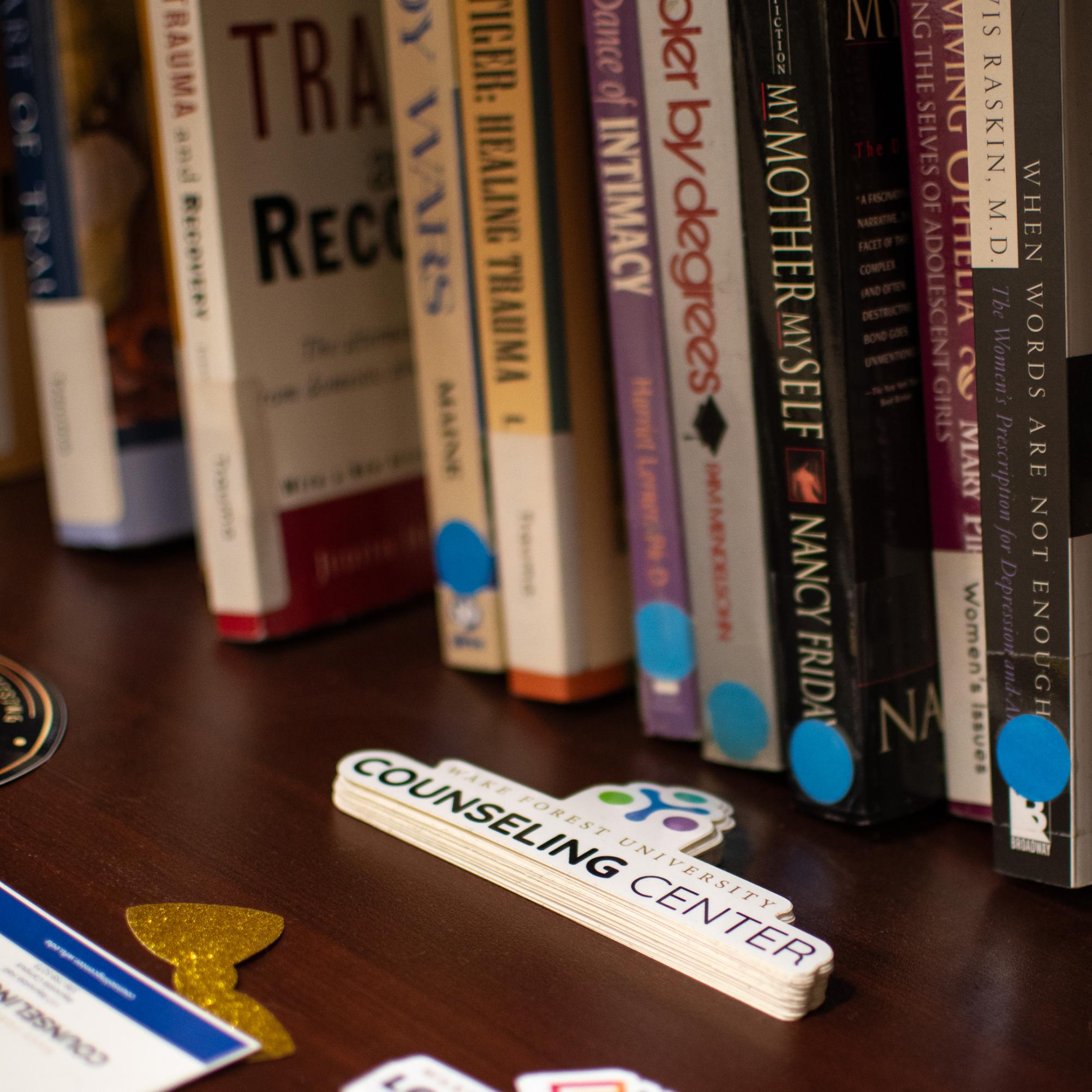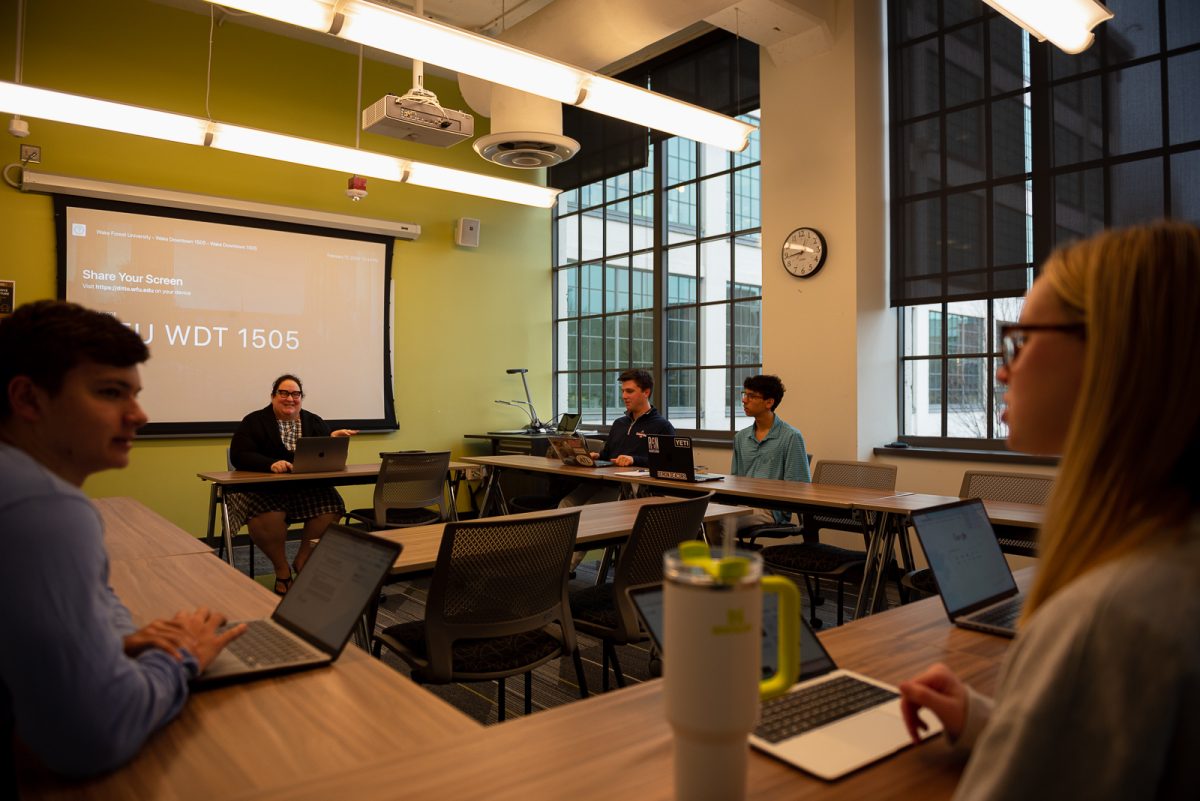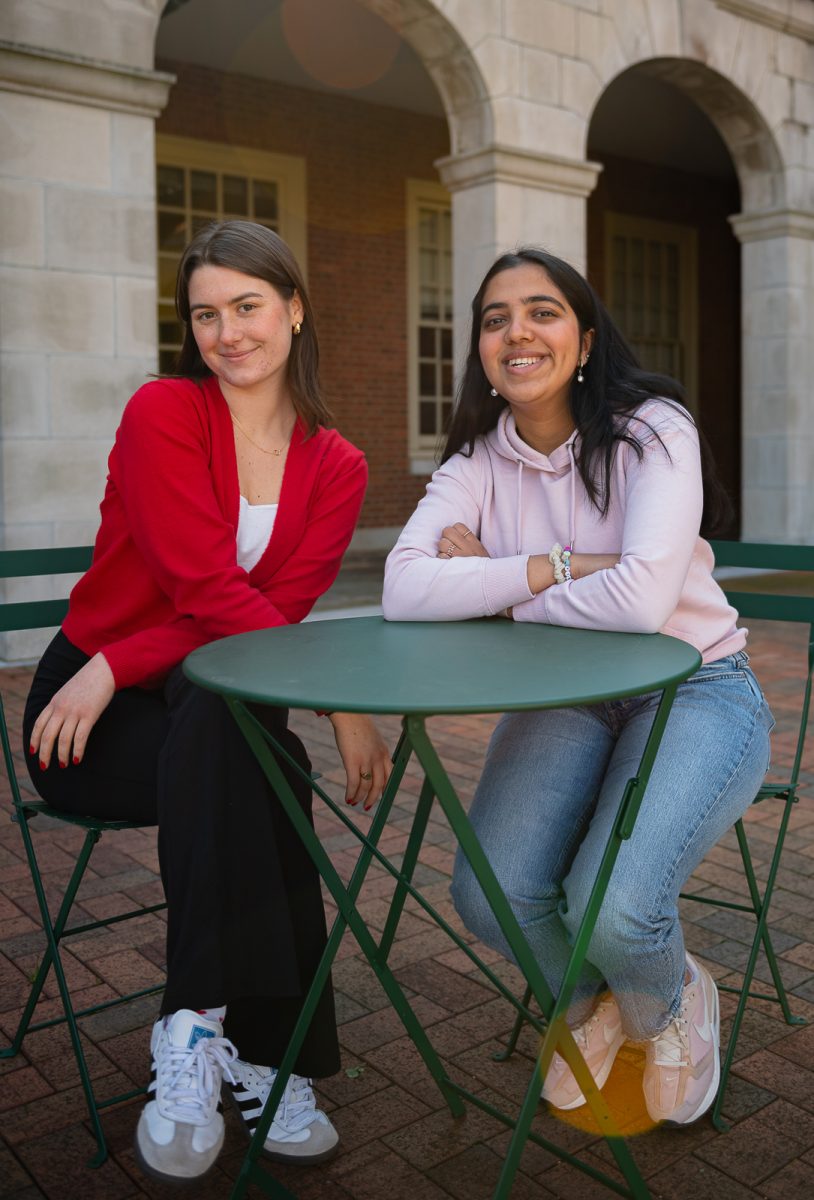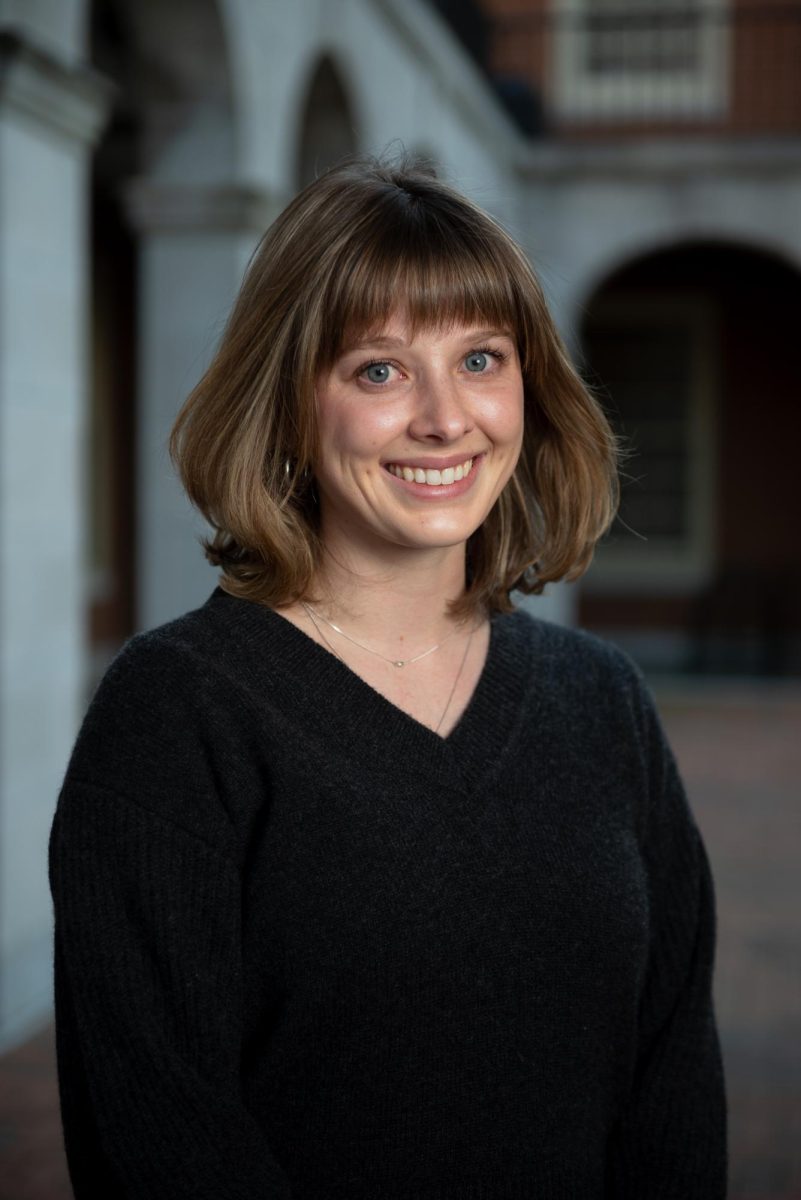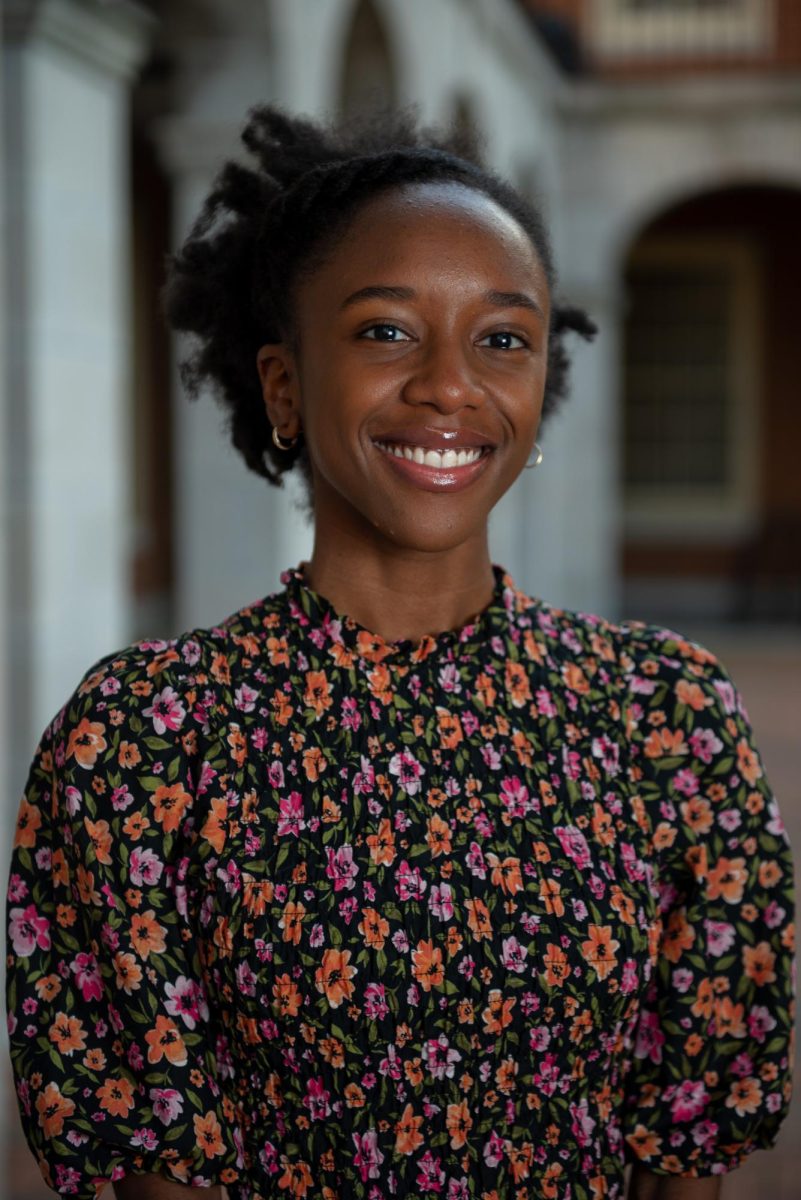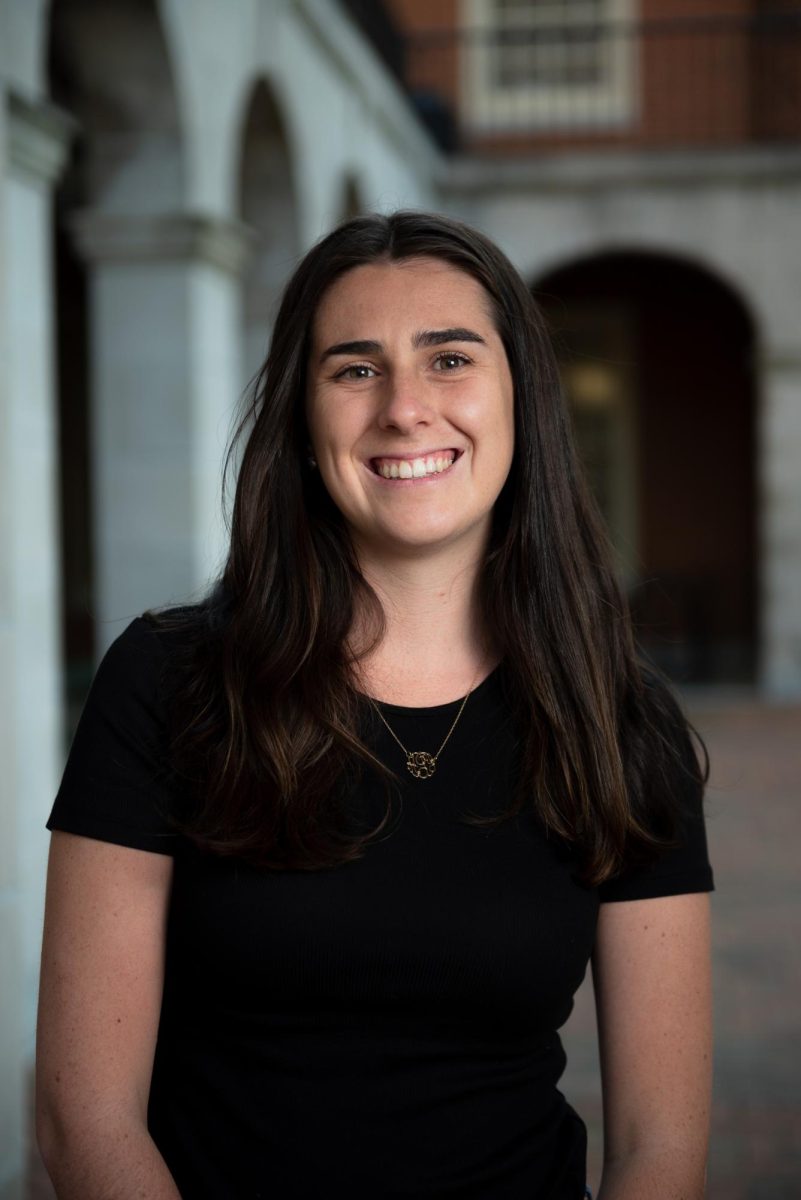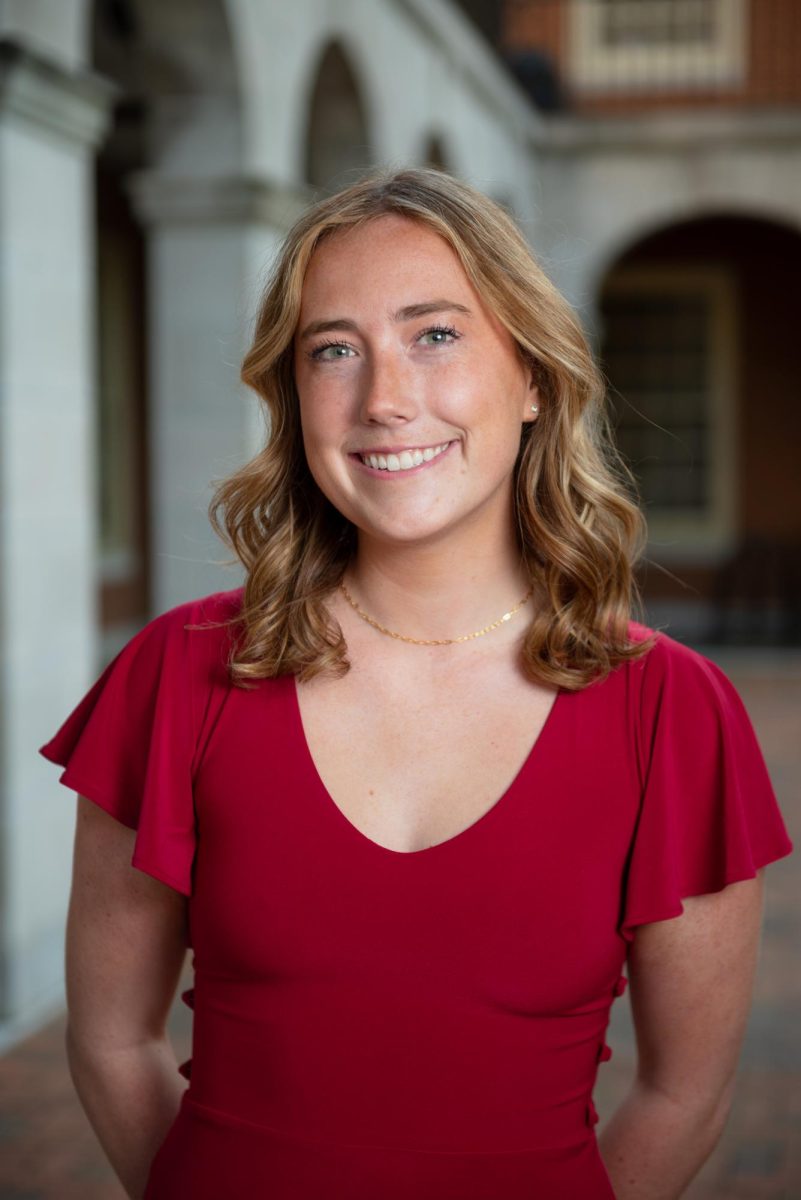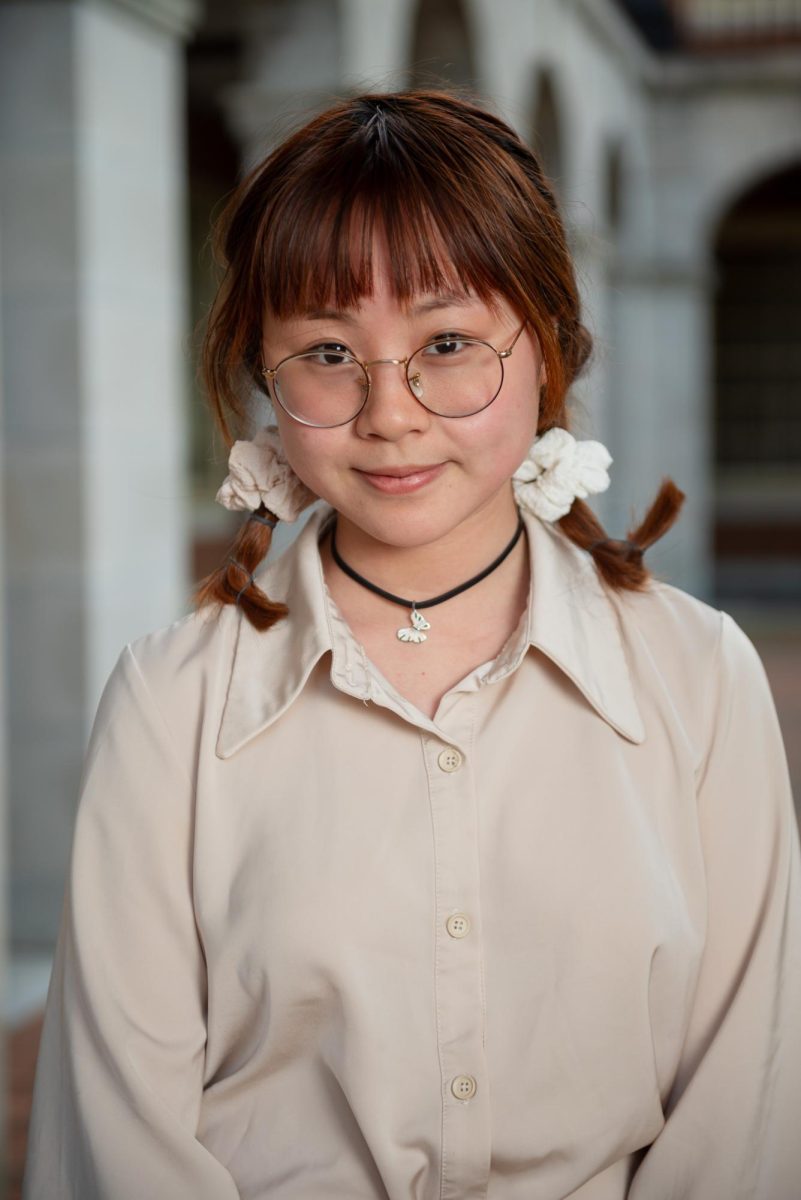The COVID-19 pandemic posed challenges to the Wake Forest University Counseling Center and forced the center to adapt its methods. Now, with the acute challenges of the pandemic largely subsided, the Wake Forest University Counseling Center has increased its satisfaction rating among students.
In the first year of the COVID-19 pandemic, the global prevalence of anxiety and depression increased by 25 percent, according to the World Health Organization, and college students were among those struggling.
The Wake Forest UCC witnessed this increase. In a statement made to the Old Gold & Black by former UCC Director Dr. Warrenetta Mann in November 2021, around 40 percent of students reported experiencing general instances of anxiety and depression. At this same time, the UCC had less than 10 providers able to help students.
Other universities across the nation struggled to meet this spike in demand, especially as resources were spread thin. According to a 2019 survey completed by the Association for University and College Counseling Center Directors, 90 percent of counseling center directors for schools sized between 10,001 and 15,000 reported an increase in students seeking services. Combine this with the staffing struggles many universities faced during the pandemic, and one has what seems to be a recipe for disaster.
Staffing shortages
The UCC stayed understaffed from 2019 until fall 2022, when they hired two additional counselors. According to current UCC director Denisha Champion, staffing has been the primary area of concern.
“My main goal, particularly since becoming the director, has been making sure that we are doing a really good job of identifying really good clinicians, doing some recruiting and getting our staffing levels back,” Champion said.
This, however, proved to be a slow process. As a result of low staff numbers, the UCC turned to alternative routes of care, including a single-session model and a partnership with the virtual therapy resource TimelyCare.
The single-session model was designed to address immediate, non-chronic issues. Students could schedule an appointment with the UCC on an instance-by-instance basis but could not have an established therapist. Students with more chronic conditions were typically referred to off-campus providers who could better assist them.
The partnership with TimelyCare was designed to do something similar: address immediate and low-level concerns. While the UCC was not staffed enough to provide services to all students who may have needed them, TimelyCare operated as a way to fill this gap.
Unfortunately, according to Champion, both of these programs had a low turnout rate with students. The Old Gold & Black published two opinion columns on the programs — UCC turns its back on struggling students and TimelyCare is inaccessible) — and several students expressed their views in interviews with the Old Gold & Black, which covered the UCC changes as they occurred.
“In regards to the UCC, the current situation is unacceptable,” said then junior Annie Brigham, in the Old Gold & Black article “University Lays Off UCC Counselor Despite Calls for Increased Staffing.”
Brigham also started a petition on the website Change.org listing demands from the UCC, which attracted 525 signatures.
In another news article, “Another two counselors leave the UCC over break,” then junior Dana Hindi told the Old Gold & Black that they were unable to remain a patient at the UCC due to staffing issues.
“I’ve been seen [at the UCC] for a year and they told me last semester that they can no longer have me as a patient because of the lack of counselors and the influx of new patients,” said Hindi. “I feel for them. I really do. It must be difficult to get a constant stream of people struggling in this pandemic and not have the staff to take care of them all.”
Isabella Mason, a current senior at N.C. State, who transferred there from Wake Forest, as well as the writer of the two aforementioned Old Gold & Black opinion columns, recalls the difficulties of getting services at the UCC during its staffing shortages.
“I remember students would talk about how the services sometimes felt impersonal or like an attempt to just get students in and out,” Mason said.
This “in-and-out” feeling was particularly salient during the UCC’s implementation of a single-session model. When the UCC rolled out this program, many students felt as though the center had lost a lot of its credibility.
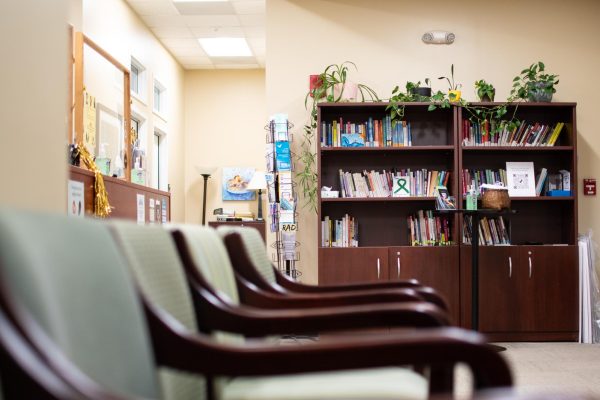
“I felt it was wrong for the UCC to roll out changes that disadvantaged students but were marketed as a ‘better’ way for their office to operate,” Mason said. “It was hard to sit there knowing the UCC had cut down to only offering single sessions to students while funding for things like athletics were clearly very high.”
Coming out of the struggle
Responding to an influx of negative feedback, the UCC made some changes to its operations. Long-term care returned to the UCC in the spring of 2022, and the TimelyCare partnership was dissolved in the summer of 2023.
Since its reimplementation of long-term care and increases in staffing, the UCC has seen overwhelmingly positive feedback on the semesterly feedback form it sends out.
According to Champion, the fall 2022 UCC Client Satisfaction Survey showed that 86 percent of clients agreed or strongly agreed that the UCC improved their quality of life, and 89 percent agreed or strongly agreed that they would seek services again.
“I’m always glad to hear students give us feedback because, at the end of the day, we’re here for the students,” Champion said. “Listening to their concerns in real-time [is] super helpful for me as an administrator.”
This article is part of the Mental Health Collaborative, a project completed by nine North Carolina college newsroom to cover mental health issues in their communities. To read more stories about mental health, explore the interactive project developed specifically for this collaborative.


